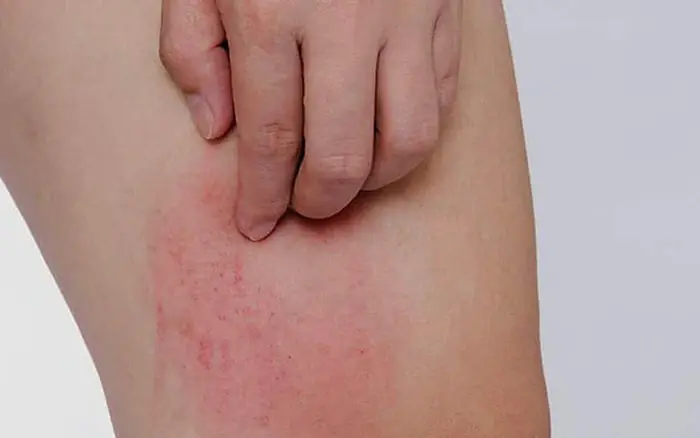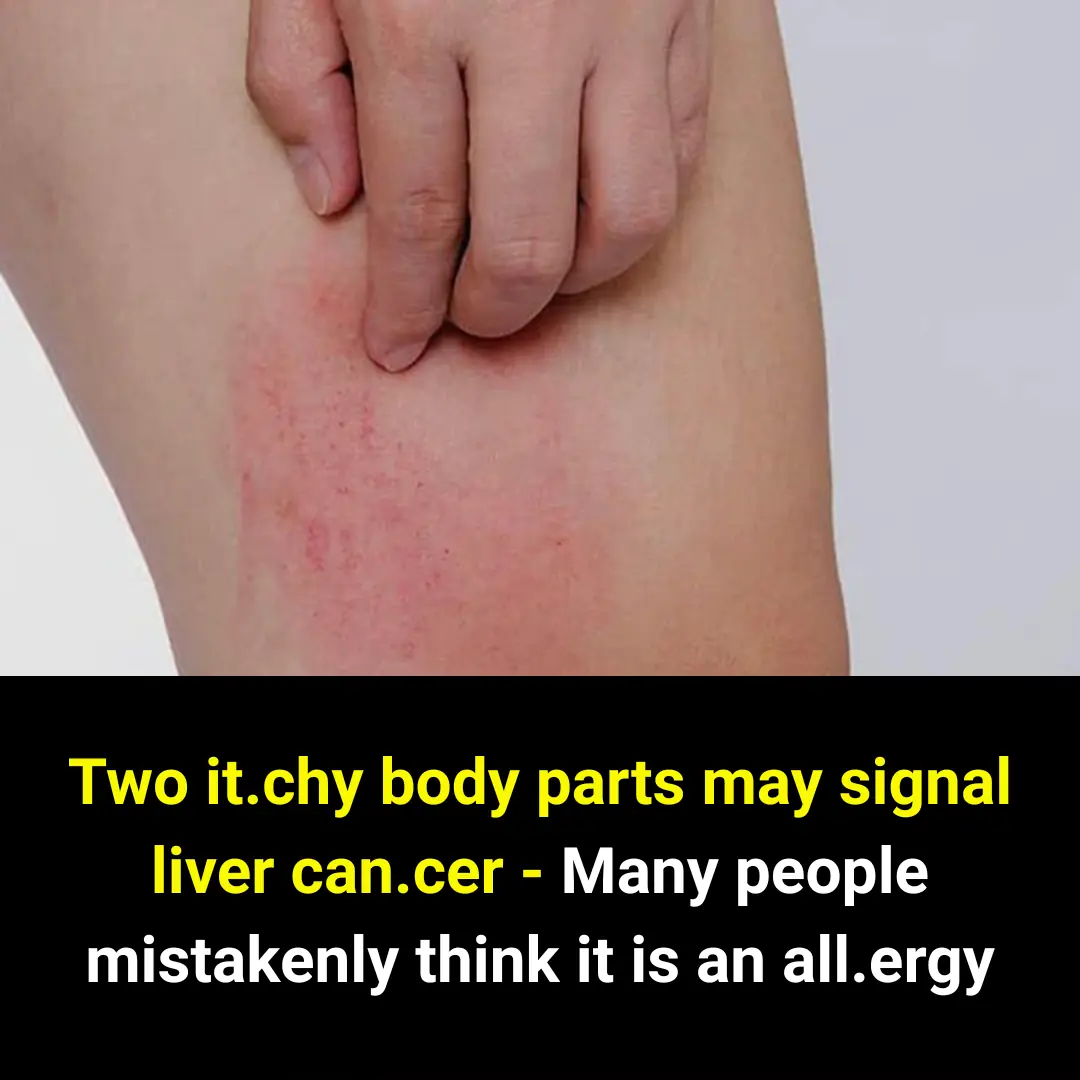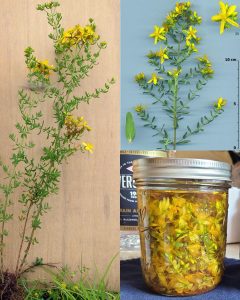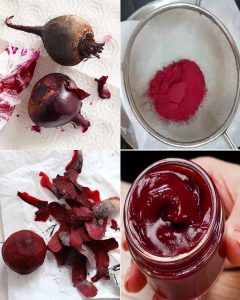
12 signs that may signal a brain aneurysm — Don’t ignore them
Identifying the warning signs of brain aneurysm can be challenging, yet medical professionals are trying to raise awareness of the…


In addition to its vital deto.xification role, the liver also functions in metabolism, synthesis, and secretion of essential compounds in the body. However, unlike many organs, the liver lacks pain nerves, meaning liver da.mage often progresses silently without causing pa.in. When the liver is impaired, its ability to process substances declines significantly.
If you experience itchiness in these two areas, don’t ignore it – it may be an early warning sign that your liver is in trouble.
Most people assume it.chy skin is simply the result of allergies or insect bites. But persistent, unexplained itching – especially if it appears suddenly – can be an early symptom of liver can.cer.
When liver function deteriorates, the body’s ability to metabolize bile weakens. Bile, which normally aids digestion, may accumulate when not properly excreted, allowing bile salts to enter the blo.odstream. These salts can then accumulate beneath the skin, stimulating nerve endings and triggering unexplained itching all over the body.
The eyes are particularly sensitive organs, and extended screen time or insufficient rest can cause dryness and irritation. However, if you notice persistent itchiness or dryness in your eyes even with normal habits and rest, it may point to a deeper issue – such as impaired liver function.
When the liver is damaged, it may lose its ability to store and distribute blood efficiently. This affects circulation to various organs, including the eyes. Insufficient blo.od supply to the eyes can cause dryness, itchiness, and discomfort.
The combination of itchy skin and itchy eyes is especially concerning. It could indicate that bile acids and other to.xins are building up due to liver dysfunction. If you experience both symptoms simultaneously, it’s crucial to consult a healthcare professional as soon as possible for liver function tests and further evaluation.
Maintaining liver health is essential to your overall well-being. Here are some science-backed strategies to help you protect and support your liver:
Include plenty of fruits and vegetables, especially those rich in antioxidants like berries, leafy greens, and citrus fruits.
Add foods that boost liver function, such as turmeric, garlic, green tea, avocados, and fatty fish rich in omega-3.
Avoid processed and fried foods, excessive sugar, and high-sodium items, as they burden the liver.
Excessive alcohol is a leading cause of liver damage. Stick to recommended limits (no more than 1 drink/day for women, 2 for men), and consider alcohol-free days during the week to give your liver a break.
Some over-the-counter medications (like acetaminophen) and herbal supplements can harm the liver if taken in large quantities or over long periods. Always follow dosage instructions and consult a doctor before combining medications.
Obesity and a sedentary lifestyle increase the risk of non-alcoholic fatty liver disease (NAFLD). Engage in at least 30 minutes of physical activity daily, such as walking, cycling, or yoga.
Water helps flush toxins and supports overall liver function. Aim to drink 8–10 glasses of water daily and avoid excessive consumption of sugary drinks.
Routine liver function tests can detect early issues before symptoms appear. If you have ri.sk factors such as a family history of liver disease, hepatitis, or diabetes, regular screening is even more important.
Reduce exposure to harmful chemicals, including household cleaners, pesticides, and cigarette smoke. When dealing with chemicals, wear protective gear and ensure proper ventilation.
Conclusion:
While itchy skin or eyes might seem like minor issues, they could be silent cries for help from your liver. Recognizing these subtle signs and adopting healthy lifestyle habits can go a long way in preserving liver health and preventing severe complications.
If you notice persistent itching in these areas, don’t delay – seek medical advice to safeguard your liver early. Prevention and early detection are always better than cure.

Identifying the warning signs of brain aneurysm can be challenging, yet medical professionals are trying to raise awareness of the…

The Benefits of Carrot and Lemon for Skin Health When it comes to skincare, many people turn to natural remedies…

Black garlic is not a different species of garlic—it’s the result of carefully aging fresh white garlic bulbs under controlled…

Ginger tea has been used for centuries as a natural remedy for various health issues, from digestive problems to inflammation.…

Kidney failure is “getting younger” and many young people do not know that they are silently harming their kidneys every…

In a groundbreaking development, scientists at the UC Davis Comprehensive Cancer Center in Sacramento, California, have uncovered a promising new approach to…

Hypericum perforatum, commonly known as St. John’s Wort, is a bright yellow flowering herb that has been used for centuries in…

Beetroot, with its vibrant red hue, is a powerhouse of nutrients and has been cherished for centuries for its medicinal,…

The dandelion (Taraxacum officinale), often dismissed as a mere garden weed, is in fact a powerhouse of nutrients and medicinal…

I used to think nothing truly bad could happen on a quiet street like ours: the kind with trimmed hedges,…

Meghan Markle and Prince Harry are just as excited about the 2025 World Series as the rest of its fans. The couple was…

A husband’s habits have more influence on his wife’s health than people may even imagine. Even minor decisions, like missing…